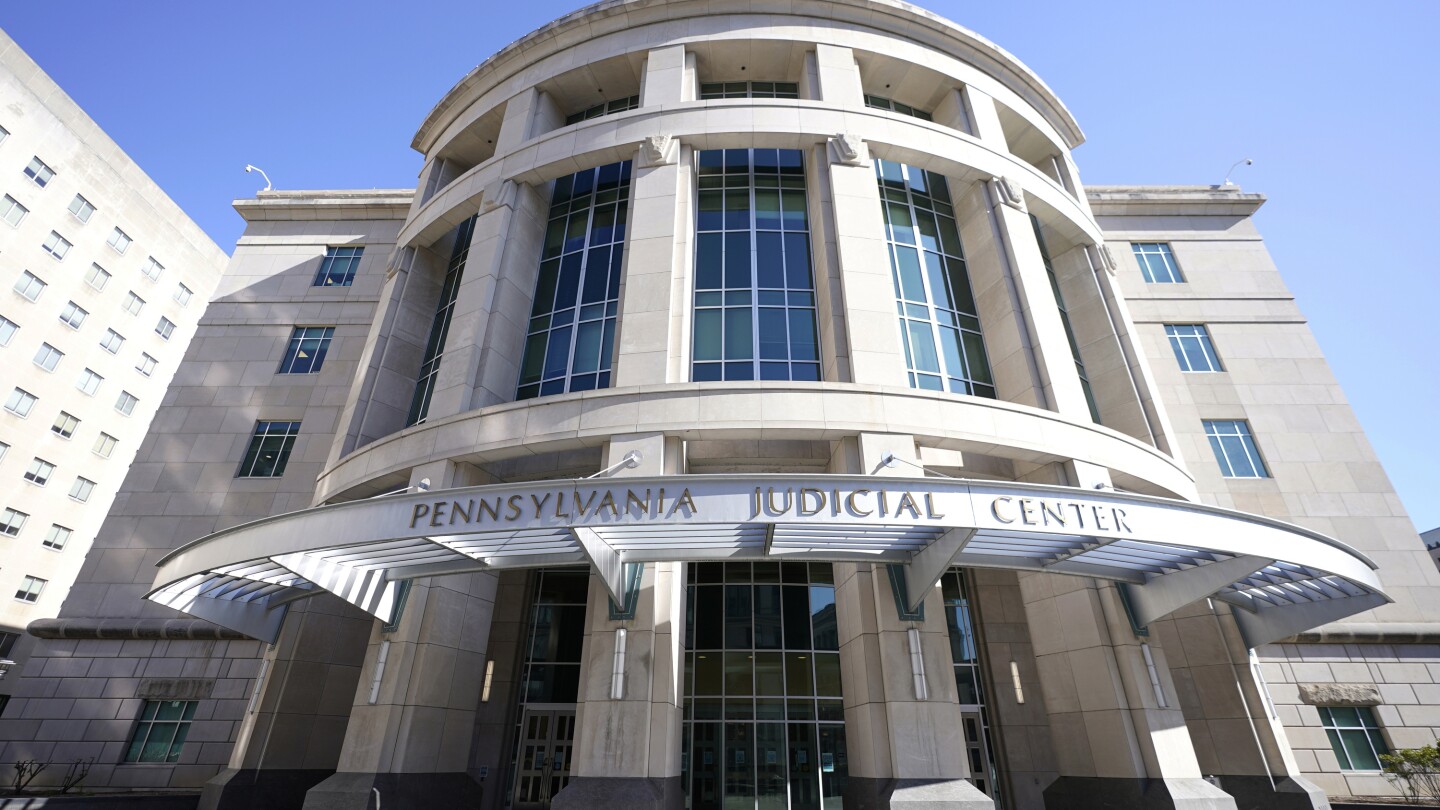Pennsylvania’s high court will consider whether some automatic life sentences for those convicted of murder violate constitutional protections for defendants, the justices said Friday.
The appeal being pursued by Derek Lee, convicted of a 2014 killing, argues the state’s life-without-parole law violates prohibitions in the Pennsylvania and U.S. constitutions against cruel punishment.
In the order accepting the appeal, the Supreme Court said it would focus on the constitutionality of the mandatory life sentence in Lee’s case, where he argues he “did not kill or intend to kill and therefore had categorically-diminished culpability.”
Pennsylvania law makes someone liable for murder if they participate in a felony that leads to death, and life with no possibility of parole is currently the state’s only possible sentence for those convicted of second-degree murder.


